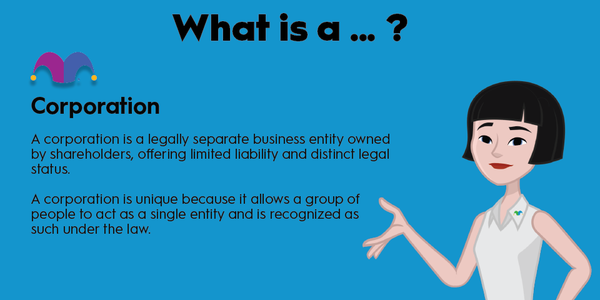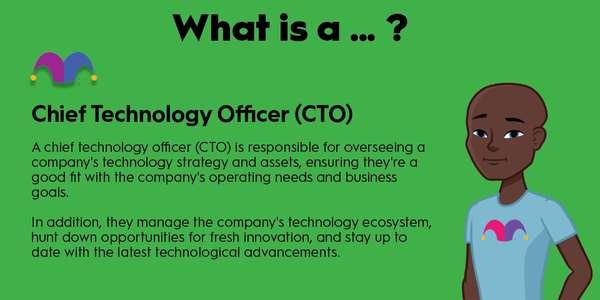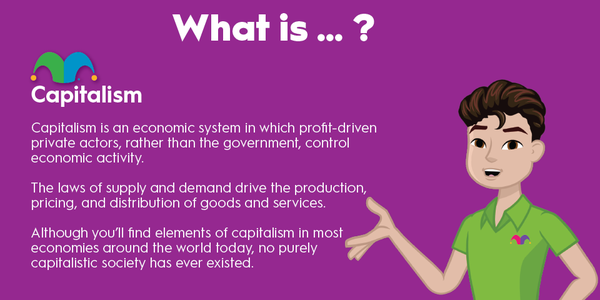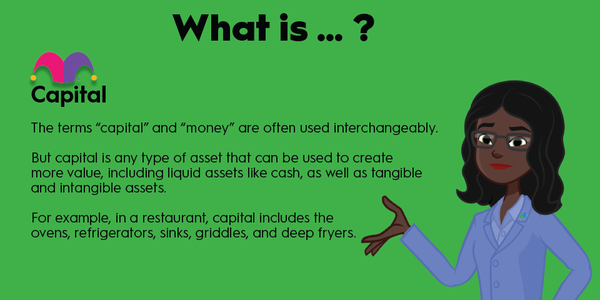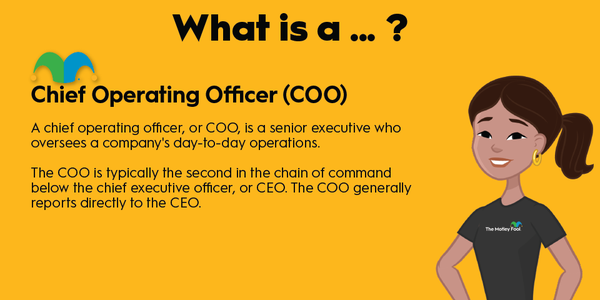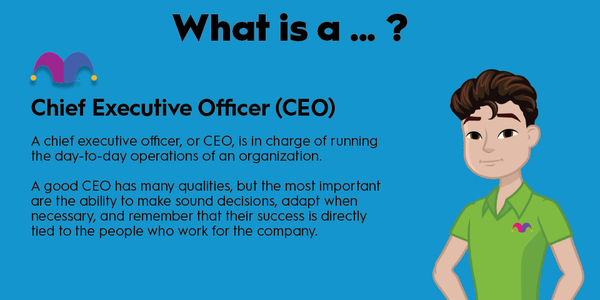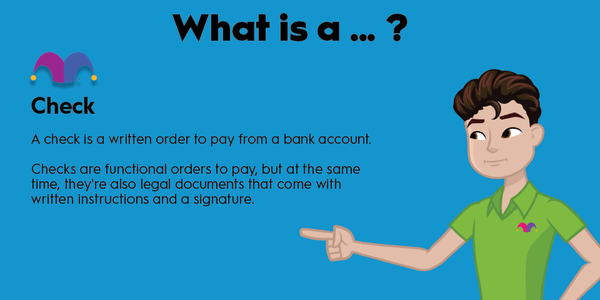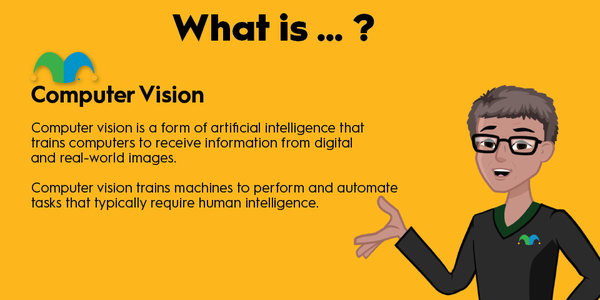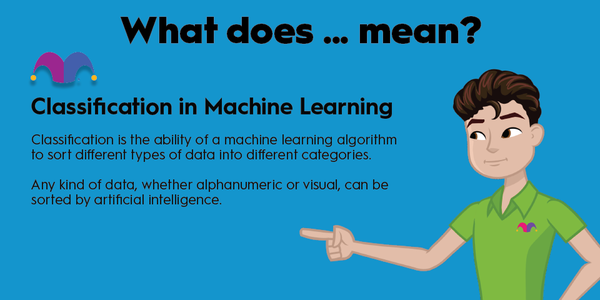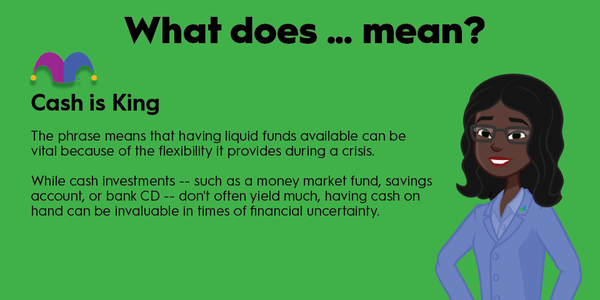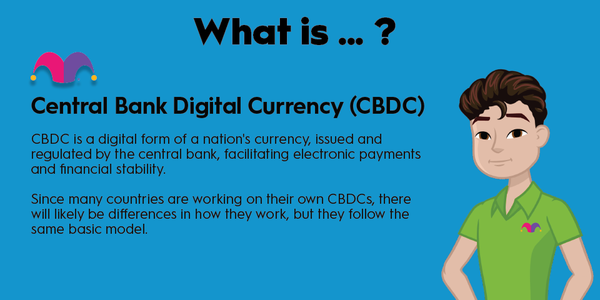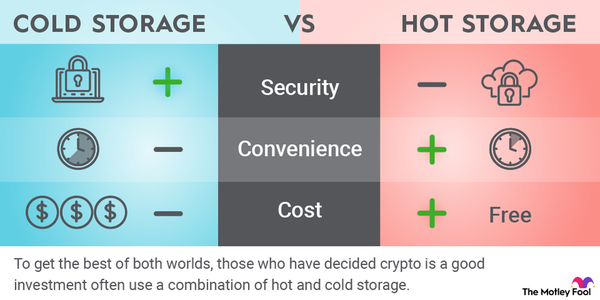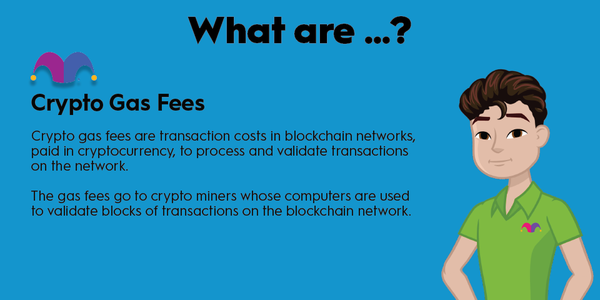People talk about cloud computing all the time. But what is the cloud, and what does it mean to run a computing job in that environment? Get ready to explore the power and possibilities of this digital realm.
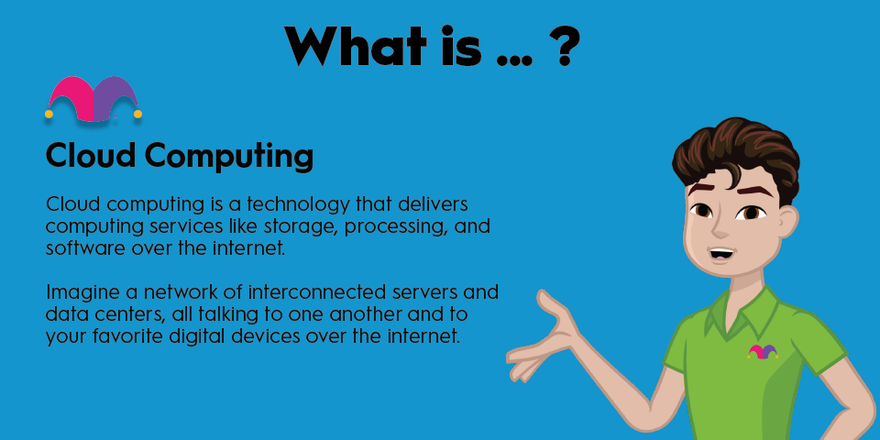
What is it?
What is cloud computing?
First, let me explain what the digital cloud actually is. Imagine a network of interconnected servers and data centers, all talking to one another and to your favorite digital devices over the internet. The heavy work of data processing and analysis is handled by central systems, passing the results back to the user over network connections. Many different companies and organizations own and manage various parts of this planet-spanning resource, and we'll get around to the details and distinctions later on. But you already know the essentials at this point.
That massive computer network is the cloud -- an online environment where data is stored, applications are hosted, and computing tasks are performed. The cloud metaphor started in handwritten network diagrams decades ago, portraying the great, big internet outside your local network. The image still holds a similar meaning, though it has been refined over the years. Now, cloud computing means moving some or all of your computing processes to central servers and so-called edge computing devices closer to the app or web browser that needs to access the cloud-based data or services.
Why it matters
Why cloud computing matters
In many cases, cloud computing provides more flexibility and scalability than traditional solutions such as local data servers or special apps managing all your data at your desk or on a mobile device.
Cloud computing has emerged as a game-changer in information technology. It's easy to scale your cloud-based service up from a single server to a global network. This scalability allows businesses to expand their computing resources effortlessly as their needs grow. The cloud provides a manageable infrastructure that lets users access data, applications, and services from anywhere. You're no longer tied to what your smartphone or desktop computer can run on its own limited processing power, memory space, and local storage.
The evolution of cloud computing has disrupted the traditional computing landscape. It has lightened the burden of expensive infrastructure investments, providing businesses with the ability to tap into vast computing power and storage capacity on demand, from anywhere.
Companies
Harnessing the power of cloud computing
When it comes to harnessing the power of cloud computing, you have a range of options to suit your specific needs and preferences. Different deployment models, such as public, private, and hybrid clouds, offer flexibility and scalability to meet your requirements.
Many technology giants run public and hybrid cloud computing services. Businesses and hobbyists alike can access these mighty platforms to meet their computing needs, tapping into the robust infrastructure and data security of a tried-and-true computing service. Leading cloud computing platforms include Amazon Web Services (AWS), Microsoft Azure, and Alphabet’s Google Cloud Platform (GCP).
Investing in companies that embrace cloud computing can lead to significant benefits. Cloud computing enables businesses to streamline operations, reduce costs, and leverage advanced infrastructure. Platforms like GCP, AWS, and Azure offer comprehensive solutions for diverse needs.
Every business case is different, but cloud computing often turns out to be a good idea. It can enhance operational efficiency and scalability, allowing companies to adapt quickly to market changes and drive innovation. As an investor, you may want to consider how your favorite companies (and their rivals) make use of cloud computing.
Look for companies that effectively utilize the cloud to optimize their operations, improve productivity, and deliver better value to customers. You can look at their cloud strategies, including how they rely on public, private, or hybrid setups. Understanding their cloud utilization provides insights into each company's long-term potential, and their choices can give you important clues about how they think about their business operations.
Related investing topics
Example
How Netflix built a global video-streaming service around Amazon Web Services
One well-known example of cloud computing's real-world impact is Netflix's early and confident adoption of Amazon Web Services. The media-streaming giant was one of the first companies to fully embrace AWS for its digital operations, and this strategic choice played a crucial role in the company's ability to roll out a global service at the proverbial drop of a hat.
Thanks to AWS's network of high-powered and geographically distributed computing and networking tools, Netflix was instantly able to handle its fast-growing user base and serve nearly every country in the world. With traditional Netflix-owned data centers, expanding operations to different regions would have been a complex and time-consuming process. But by leveraging AWS's cloud services, Netflix kickstarted its worldwide video-streaming platform at a moment's notice.
The partnership between Netflix and AWS has been mutually beneficial. Netflix benefits from AWS's battle-tested infrastructure and service offerings, while AWS proudly showcases Netflix as one of its largest and most prominent customers. Thanks to many years of tight-knot experience and a world-class engineering team, Netflix has automated its AWS deployment and operations in thousands of unique ways.
Netflix using AWS is a prime example of how cloud computing can be a game-changer for businesses. It can offer top-notch services to people all around the world without investing untold billions of dollars to build in-house data centers. The cloud gives businesses more tools to unlock their true potential, especially when you want to run your business on a global scale.


